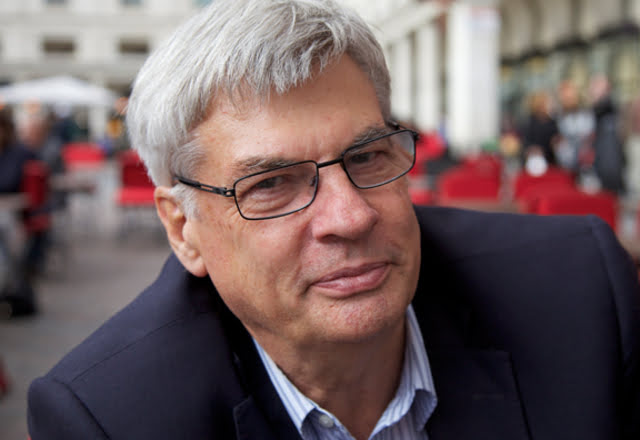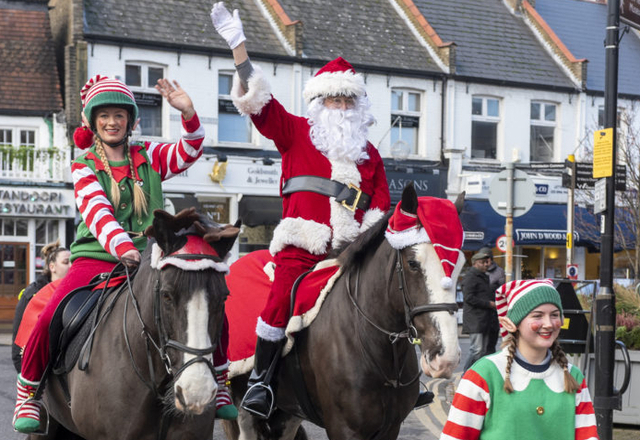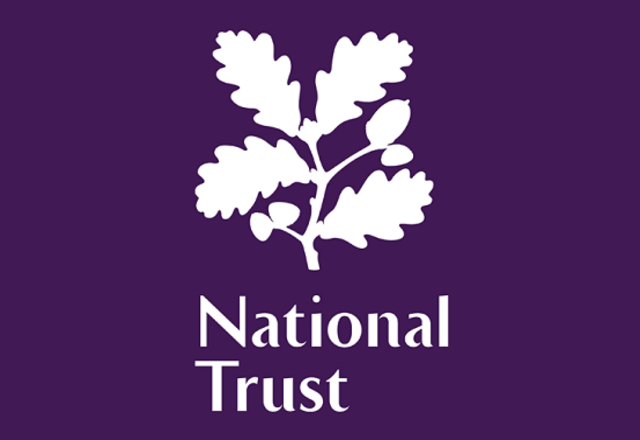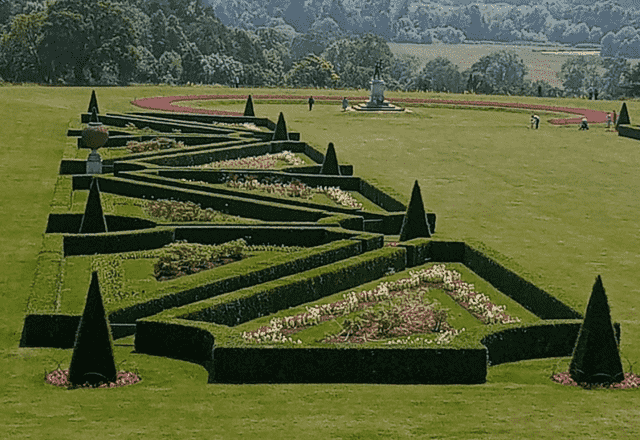Since its launch in 2009, Wimbledon International Music Festival has grown to become one of the most distinguished and respected music festivals in the UK. With the 2024 edition opening early next month, we talk to WIMF founder and director, Anthony Wilkinson.
Q: What inspired you to establish the Wimbledon International Music Festival?
Music has always been a major part of my life. I had ambitions to be a professional oboist, but instead I carved a career as a music and film director with BBCTV Music and Arts, where I made programmes with many of the world’s outstanding musicians.
WIMF was launched in 2009 after I returned from two weeks at the Dartington Summer School, where I met some wonderful musicians who taught there, specifically Raphael Wallfisch and Rivka Golani, who became founding Patrons and friends. My goal was – and still is – to offer the Wimbledon community the opportunity to experience and enjoy performances by musicians of world-class stature.
Despite everyone saying we were taking a massive risk, we booked ten concerts with the highest quality musicians, and from the outset we were blessed by the financial support of the Tertis Foundation. It was an amazing success. 10 concerts – 10 standing ovations. I think our audiences were astonished by the incredible performances they were able to enjoy at these local venues.
Q: How has the festival evolved since its inception?
The concept of delivering world class performances is still at the heart of the festival, but we have now expanded to 16 main concerts and 4 lunchtime events which give platforms to outstanding new generation artists. These are particularly welcome to those less keen on venturing out on a chilly November night, and have been very well booked this year.
Early in its sixteen years WIMF formed a co-commissioning partnership with 5 other international festivals, spanning Alaska, California, Texas, Australia, and Switzerland.
We have also partnered with Merton Music Foundation in several large scale projects – notably a production of Benjamin Britten’s Noye’s Fludde, and a performance of a WW1 oratorio which involved 54 Merton Schools, and over 20,000 children! This year 200 children will experience jazz classes and a concert at the New Wimbledon Theatre.
Q: What are some of the key themes and highlights of this year’s festival programme?
The key theme for this year is ‘story telling’ – something very close to my heart as a theatre and film writer and director. Handel’s opera Jephtha tells a story relevant to today, and opens the festival on Saturday November 9th, while Mozart’s Don Giovanni tells the story of a seducer who gets his comeuppance. Composer Sergei Prokofiev, one of the greatest musical story-tellers, gets the dramatic biographical treatment from the brilliant Australian story-teller, Tama Matheson, who is also Narrator of Prokofiev’s Peter and the Wolf, our Family Concert this year.
Q: The festival brings world-class musicians to Wimbledon. Can you tell us about the standout artists or ensembles featured in 2024?
“WIMF is unique among all UK festivals in having no also-rans hiding behind two or three big names,” reviewed Cause4. There are indeed ‘no also-rans’, and I am looking forward to all our events this year, but I am delighted at the return of Grammy Award-winning cellist in ritual with Pier Lane, both commissioning partners with WIMF. I’m also thrilled to have been able to continue our relationship with The Academy Choir and the Philharmonia Orchestra, which are alas both loss-makers and only possible because of generous sponsorship and donations. The Pavel Haas quartet are among the best in the world, as are the Brodsky Quartet, clarinettist Michael Collins, tenor Christoph Prégardien, harpsichordist Mahan Esfahani, Steven Osborne…I could go on to name them all!
Q: For those who may not have been to a classical music performance, why should they attend WIMF in 2024?
It is true that classical music demands more concentration than some other genres, but the experience can be profound. Once discovered it can be life enhancing, even life changing.
I would say that attracting younger audiences for classical music in particular is one of the main pre-occupations of all classical music lover and promoters. When one marvels at the talents and maturity on show on BBC Young Musician of the Year one feels that classical music will be safe. But going to concerts it seems that the youngest people in the hall are the musicians themselves!
So please come along to a performance and give it a try, you might want to come again!
Q: What are your aspirations for the festival?
There are so many things we would love to do. We would really like to expand our educational and community work for example, but the core must remain strong to add other commitments. And my main concern is always money! Our benefactors and friends are a wonderful group, who provide amazing financial support, but I would love there to be more business sponsors who benefit from a happy work force, in a vibrant, culturally rich society.
The most exciting development, and one which has occupied me now for several years, is the prospect of a great new performing arts venue in Wimbledon, designed by the great Frank Gehry. London musicians badly need a new, flexible, and acoustically wonderful major venue, and audiences – and numbers – will benefit from the experience of hearing music of genres in a superior space. If WIMF could be the festival in residence in such a place it would become a truly great international event and exemplar for music education.
Plato’s words echo down the centuries: Music gives Soul to the Universe, Wings to the Mind, Flight to the Imagination, And Life to Everything.




